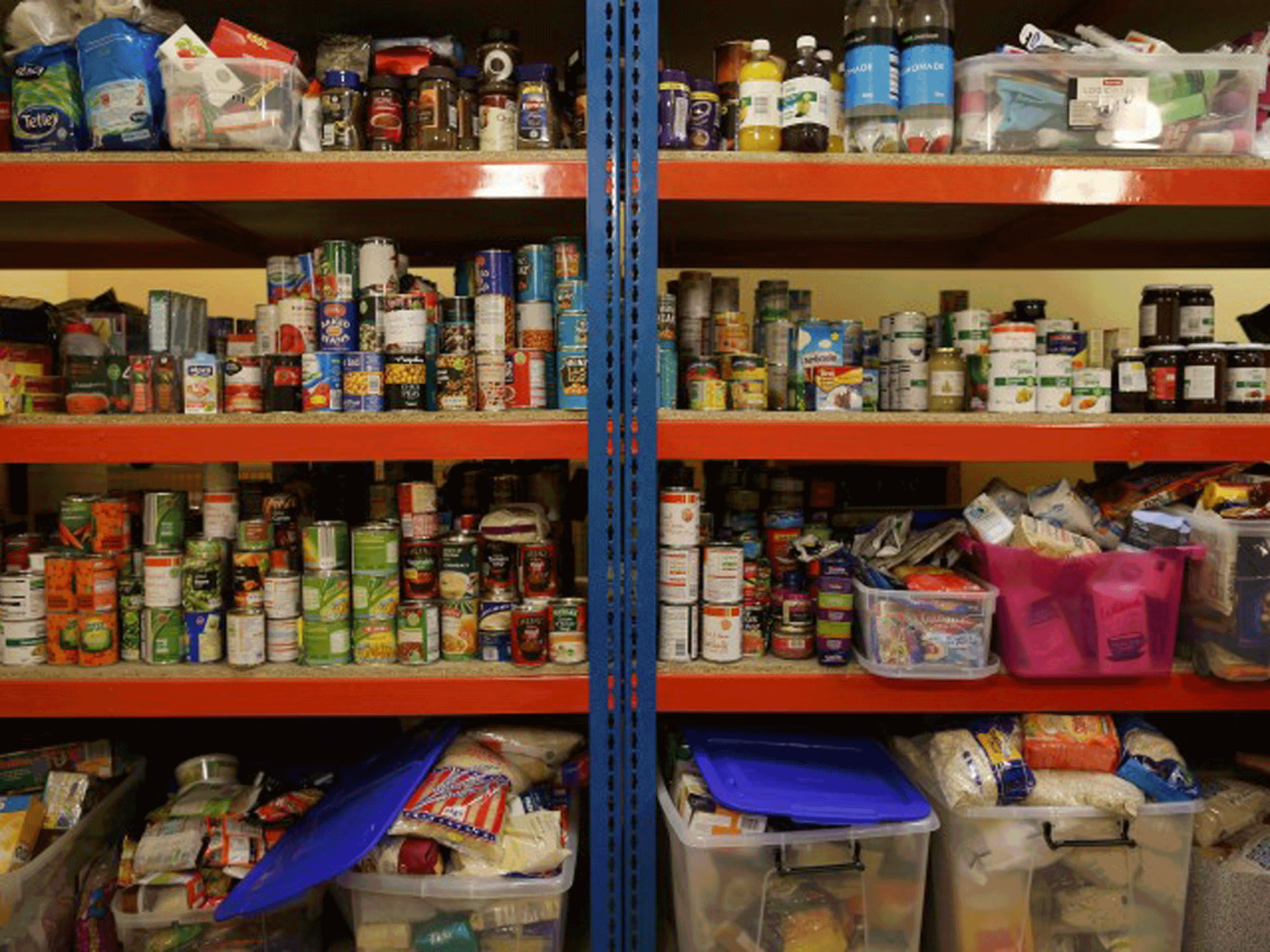Food banks are 'sign of return to Dickensian world', warns food expert

Your support helps us to tell the story
From reproductive rights to climate change to Big Tech, The Independent is on the ground when the story is developing. Whether it's investigating the financials of Elon Musk's pro-Trump PAC or producing our latest documentary, 'The A Word', which shines a light on the American women fighting for reproductive rights, we know how important it is to parse out the facts from the messaging.
At such a critical moment in US history, we need reporters on the ground. Your donation allows us to keep sending journalists to speak to both sides of the story.
The Independent is trusted by Americans across the entire political spectrum. And unlike many other quality news outlets, we choose not to lock Americans out of our reporting and analysis with paywalls. We believe quality journalism should be available to everyone, paid for by those who can afford it.
Your support makes all the difference.The rise of food banks risks eroding the state safety net as politicians endorse a "Dickensian" model of welfare, one of Britain's leading food policy experts has warned.
Nearly 350,000 people needed an emergency food handout in the past year. David Cameron has praised the volunteers who work in food banks as exponents of the so-called Big Society. But Tim Lang, professor of food policy at City University and a former adviser to the Department for Environment, Food and Rural Affairs and the World Health Organisation, warned that ministers could allow charitable food banks to become "institutionalised" as an alternative to state support.
"The morals and motives of people who work in food banks are honourable, but it's a short-term fix, and the problem is that it's getting institutionalised and the politicians are buying it," Professor Lang told The Independent.
Although the Department for Work and Pensions insists that the Government already provides a safety net for essentials such as food through the benefit system, the Prime Minister has acknowledged that many struggle. Professor Lang said: "There ought to be a very big political debate about food banks. It should be a sign of shame that the sixth-richest economy on the planet has people who are essentially retreating to a Dickensian world. It's shocking how quickly it's been normalised." There's been an almost tenfold increase in the use of food banks since 2009-10.
Chris Mould, the executive chairman of the Trussell Trust, said that food banks were "a support for the welfare system and not a substitute" and criticised the Government for "knowingly making things worse for people on low incomes" with a number of policies, chief among them the adjustment of welfare payment increase to just 1 per cent annually.
The Trussell Trust, the leading charity which has 345 food banks around the country, provides three days' worth of food. Clients must be referred by a frontline professional such as a social worker, doctor or Jobcentre Plus employee, and it is Trussel Trust policy that an individual can receive only three handouts, to avoid dependency.
Join our commenting forum
Join thought-provoking conversations, follow other Independent readers and see their replies
Comments